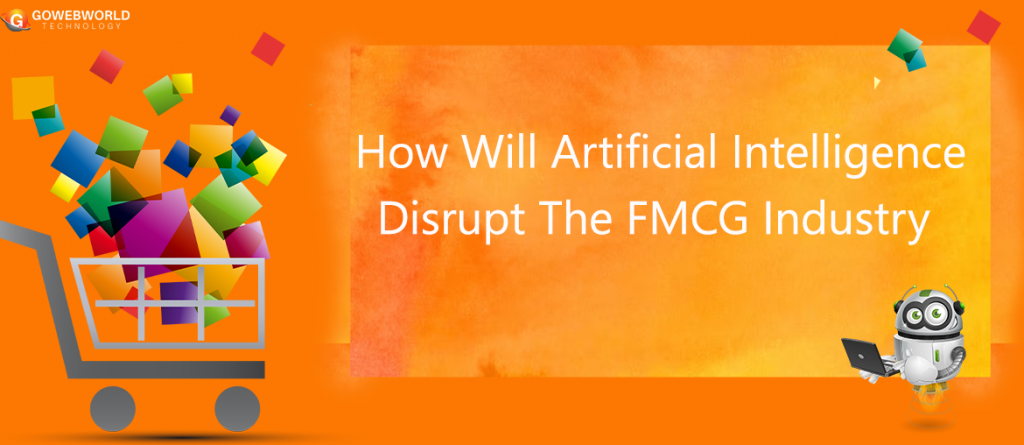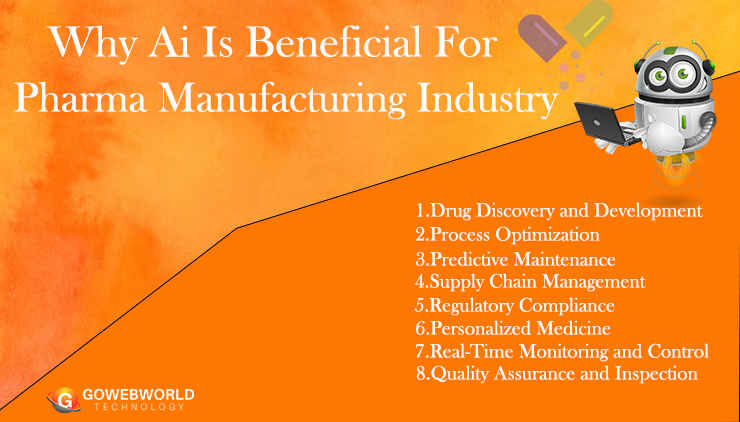Artificial Intelligence (AI) has emerged as one of the most transformative technologies of our time, reshaping industries, economies, and societies. This article explores how AI is revolutionizing various aspects of our world, from healthcare and education to business and entertainment. With the potential to enhance productivity, solve complex problems, and improve decision-making, AI is indeed a game-changer.
I. Healthcare
AI is making significant strides in the field of healthcare, offering novel solutions to long-standing challenges:
A. Medical Imaging:
AI-powered image analysis can detect diseases like cancer and diabetic retinopathy with high accuracy.
Faster and more precise diagnosis and treatment planning lead to improved patient outcomes.
B. Drug Discovery:
AI algorithms can analyze vast datasets to identify potential drug candidates, accelerating drug development.
Reducing the time and cost of drug discovery benefits patients and pharmaceutical companies.
C. Predictive Analytics:
AI models predict disease outbreaks, patient deterioration, and treatment responses.
Healthcare providers can allocate resources more efficiently and make data-driven decisions.
II. Education
AI is reshaping the way we learn and teach:
A. Personalized Learning:
Adaptive learning platforms use AI to tailor educational content to individual students’ needs and learning styles.
This approach enhances student engagement and performance.
B. Automated Grading:
AI can grade assignments and exams quickly, freeing up educators to focus on teaching.
Provides students with immediate feedback, aiding their learning process.
C. Virtual Teachers and Tutors:
AI-driven chatbots and virtual teachers offer assistance and explanations 24/7.
Expands access to quality education, especially in remote or underserved areas.
III. Business and Industry
AI is revolutionizing various sectors and driving innovation:
A. Automation:
Robotic Process Automation (RPA) uses AI to automate repetitive tasks in businesses, increasing efficiency.
Businesses can reallocate human resources to more strategic roles.
B. Customer Service:
AI-powered chatbots and virtual assistants provide instant customer support.
Improves customer satisfaction and reduces response times.
C. Predictive Analytics:
AI-driven predictive models optimize supply chain management, inventory, and demand forecasting.
Reduces costs and enhances operational efficiency.
IV. Entertainment and Creativity
AI is transforming how we create and enjoy art and entertainment:
A. Content Creation:
AI-generated music, art, and literature are gaining popularity.
Pushes the boundaries of creativity and opens new avenues for artists and creators.
B. Recommendation Systems:
AI-driven content recommendation systems personalize user experiences in streaming services.
Keeps users engaged and drives content consumption.
C. Gaming:
AI enhances gaming experiences through realistic simulations, non-player character behavior, and adaptive gameplay.Creates more immersive and challenging games.
V. Ethical Considerations
Despite its transformative potential, AI raises ethical concerns:
A. Bias and Fairness:
AI algorithms can inherit biases from their training data, leading to unfair outcomes.
Addressing bias in AI systems is critical for equitable applications.
B. Privacy:
AI collects and analyzes vast amounts of personal data, raising privacy concerns.
Striking a balance between innovation and data protection is essential.
C. Job Displacement:
Automation powered by AI may lead to job displacement in certain industries.
Preparing the workforce for AI-driven changes is crucial.
Conclusion
Artificial Intelligence is undeniably transforming the world across various sectors, from healthcare and education to business and entertainment. Its potential to improve efficiency, enhance decision-making, and drive innovation is reshaping societies and economies. However, ethical considerations must accompany this transformation, ensuring that AI is deployed responsibly and for the benefit of all. As AI continues to evolve, its impact on the world will only become more profound, requiring ongoing vigilance and thoughtful guidance to harness its potential for the greater good.


